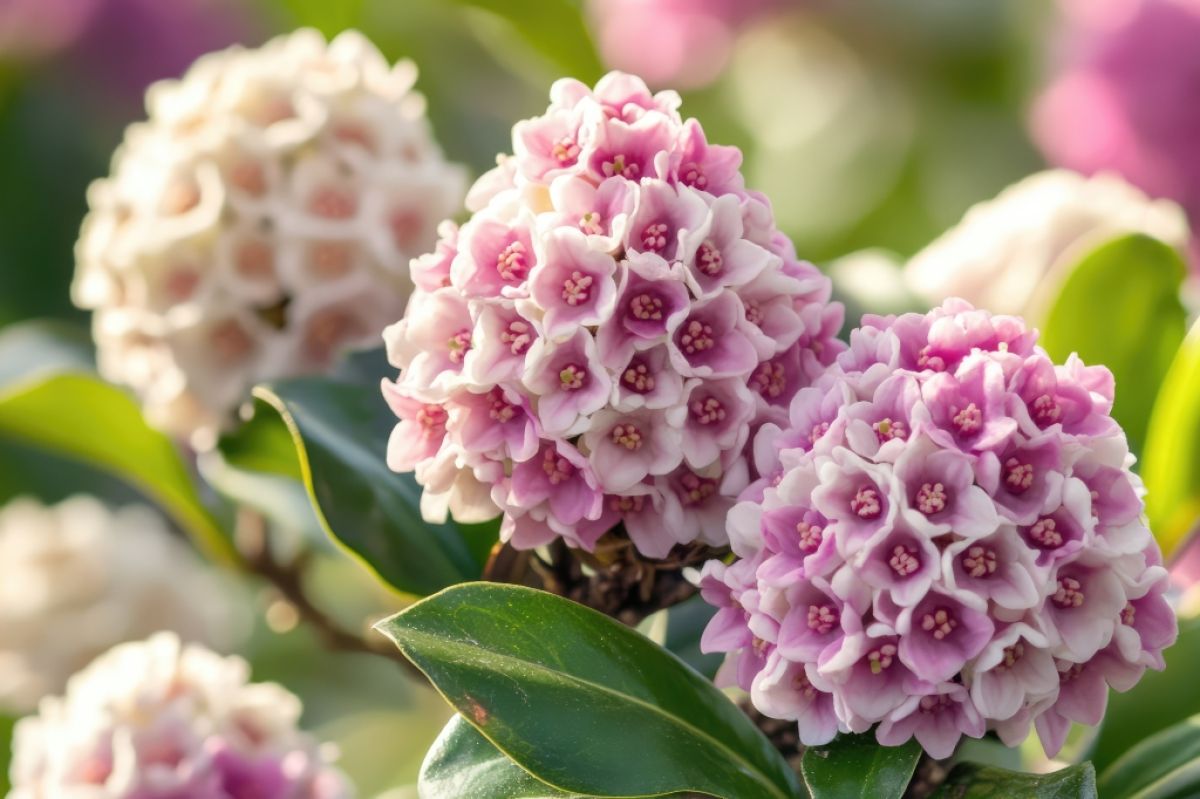There are a number of garden plants that are toxic if ingested, and azaleas and rhododendrons fall into this category.
Daphne, a shrub with tiny clusters of fragrant flowers, is also poisonous as well as having sap that is a skin irritant. Just a few of Daphne's brightly colored berries could kill a child.
Another commonly seen shrub in our gardens, the hydrangea, contains low levels of cyanide, although it is not usually fatal when consumed.
Some flowering perennials such as foxglove, can be fatal, although it also is used to produce digoxin, which is used to produce the heart drug known as digitalis.
Hellebores, lantana, and lobelia also cause illness and sometimes even death if ingested.
An evergreen native vine from the American southeast, Carolina jessamine, has also caused death when children have eaten it by mistake, thinking that it was honeysuckle. Nevertheless, it has been adopted as the state flower of South Carolina.
A most important rule for gardeners to tell children, as well as others, is that nothing growing in the garden should ever be eaten without permission.
This is Moya Andrews, and today we focused on poisonous plants.










